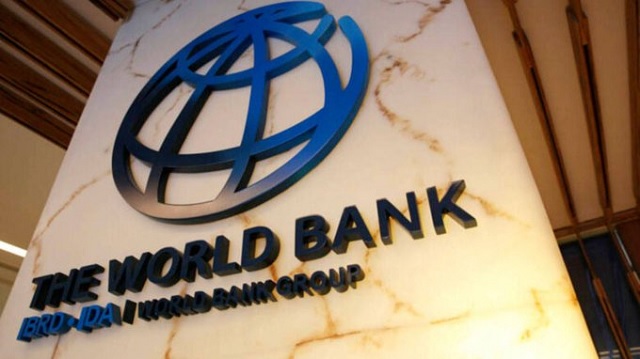
SPECIAL REPORT | THE INDEPENDENT | African economies are projected to grow by 3.4 percent this year, according to the World Bank report, which rues the inability of these growth rates to eradicate poverty.
The growth is deemed impressive, considering that last year, the economies grew at just 2.2 percent, however, this rate rate is still lower than decade prior to the COVID-19 outbreak in 2020.
Despite the good performance, the Bank says in its Africa’s Pulse, that faster and more equitable growth is needed to reduce poverty.
The 3.4 percent growth is mainly attributed to a sharp decline in inflation rates, with countries like Seychelles, Burkina Faso, Benin, Uganda and Tanzania managing to keep it below 3.5 percent at of February 2024.
However, apart from failing to reduce poverty in line with the growth levels, both World Bank and independent economists fear that the growth is fragile and may not be sustained due to uncertain global economic conditions, growing debt service obligations, frequent natural disasters, and escalating conflict and violence.
Andrew Dabalen, the World Bank Chief Economist for the African Region says the dwindling external finance sources, high debt service levels and other factors are impacting on the improvement of service delivery by most governments.
It is feared that many countries, including Uganda, have credit facilities most of which are due for clearing starting next year, which will further strain the resource available for development.
The region is expected to further grow by 3.8 percent in 2025 to 2026 as inflation rates fall further, while the growth of public debt is slowing also.
However, more than half of African governments grapple with external liquidity problems, and face unsustainable debt burdens.
This and infrastructure shortcomings are blamed for the persistently high povery levels of about 36 percent.
“Per capita GDP growth of 1 percent is associated with a reduction in the extreme poverty rate of only about 1 percent in the region, compared to 2.5 percent on average in the rest of the world,” says Dabalen.
The economist says, “In a context of constrained government budgets, faster poverty reduction will not be achieved through fiscal policy alone. It needs to be supported by policies that expand the productive capacity of the private sector to create more and better jobs for all segments of society.”
In the Eastern and Southern Africa subregion, growth of economic activity is expected to accelerate from the 2.2 percent in 2023 to 3.2 percent in 2024 and firm further to 3.6 percent in 2025–26.
The report says that this should have been higher growth but for the lower-than-average growth in Angola and South Africa. Otherwise, the rest of the countries will grow at a combined 4.3 percent.
The East African Community is projected to grow the fastest at 5.3 and later at 5.8 percent “thanks to robust growth in the Democratic Republic of Congo, Kenya, Rwanda, and Uganda,” says the report.
Fati N’Zi-Hassane, Oxfam’s Africa Director says while it is always good to see the growths of the economies though expansion of their GDP, thee is need to focus on social services, which indicate the real economic welfare of the people.
She gives the example of Niger and Malawi which about five times between 2002 and 2020, but access to better services remained stagnant and poor, with Niger’s doctor to number of people ratio not improving.
On Malawi, she said, for example, that the access to education services have almost not changed over the two decades despite high GDP growth rates.
This has kept inequality in Sub-Saharan Africa one of the highest in the world, second only to the Latin America and Caribbean region, according to the report.
Apart from access to basic services, such as schooling or healthcare, high levels of inequality remain despite recent improvements, in access to markets and income-generating activities, irrespective of people’s skills.
“Inequality in Africa is largely due to the circumstances in which a child is born and accentuated later in life by obstacles to participating productively in markets and regressive fiscal policies,” said Gabriela Inchauste co-author of a forthcoming World Bank report on tackling inequality in Sub-Saharan Africa.
Leones Ndikumana, a professor of economics at the University of Massachusetts and head of its African Development Policy program says economist have overlooked the vital questions of what kind of Economic growth should be focused on.
Ndikumana says growth is very important and it is the only factor that can lead to transformation of countries. However, he says sustainability is important to ensure this benefit of growth.
He says that countries in East Asia and Southern Asia managed to reduce poverty by 97 and 73 percent respectively over the last two decades because their growth rates were sustained at at 4.5 percent.
Africa’s Pulse calls for several policy actions to foster stronger and more equitable growth.
These include restoring macro-economic stability, promoting inter-generational mobility, supporting market access, and ensuring that fiscal policies do not overburden the poor.
******
URN
 The Independent Uganda: You get the Truth we Pay the Price
The Independent Uganda: You get the Truth we Pay the Price



